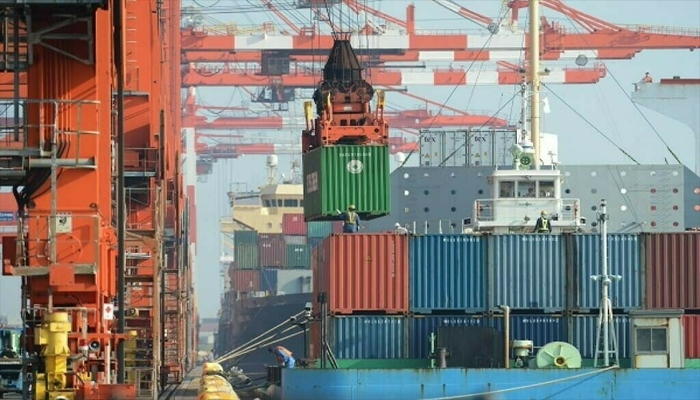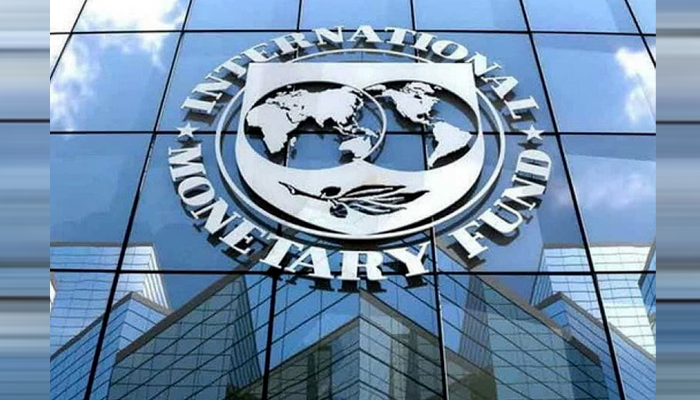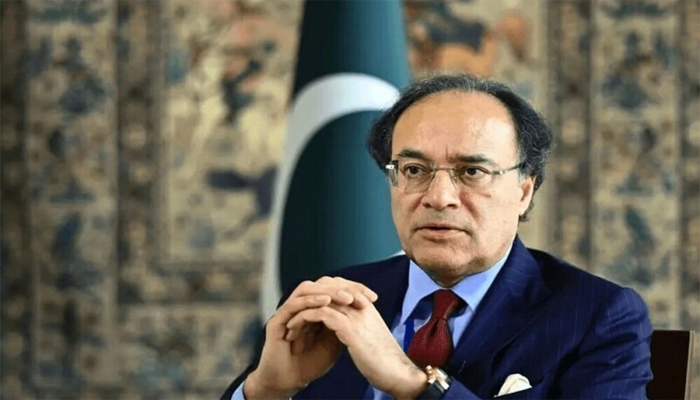A bombshell report by caretaker Minister for Power and Petroleum, Muhammad Ali, has exposed fertiliser companies feasting on hefty profits while gas prices for the sector remain frozen.
The report alleges that despite stable gas costs, fertiliser manufacturers have raked in significant gains, raising concerns about potential price gouging and unfair market practices. This revelation comes at a crucial time when Pakistan's struggling farmers grapple with rising input costs and stagnant crop prices.
These directives were issued at a time when farmers were getting urea on exorbitant rates across the country due to alleged connivance of dealers and local urea manufactures.
According to a report prepared by the caretaker Minister for Power and Petroleum, Muhammad Ali, fertiliser companies are making huge profits due to stagnancy in gas prices for the fertiliser sector.
For instance, FFC’s profit after tax (PAT) will be Rs 33.165 billion in FY 2023-24 as compared to previous profit of Rs 20.410 billion. M/s EFERT PAT will be Rs 17.5 billion from Rs 16.003 billion and M/s Fatima Fertilizer to Rs 14.494 billion from Rs 14.139 billion. FFC’s PAT is projected to be higher considering multiple urea price increases without any gas cost increase.
These estimates were reportedly considered by caretaker Minister Muhammad Ali, prior to the announcement of annual results of fertiliser companies.
“The era of providing cheap gas and subsidies must end. It is a strain on the fiscal deficit, allows undue profiteering by informal channels, and encourages smuggling worsening the trade deficit,” the sources quoting Minister as saying.
The fertiliser industry is receiving gas under various pricing regimes resulting in significant challenges.
The caretaker minister’s information also revealed that subsidies are not being passed onto the farmers. The government is currently providing subsidy to 2/3rd of the fertiliser manufacturers.
The entire subsidy of Rs 90 billion is not reaching the farmers and instead being absorbed by informal channels that do not pay taxes, resulting in additional lost revenue of Rs 30 billion to the government. The government is currently losing over Rs 120 billion to informal channels.
An estimated 200,000 tons of urea is currently being smuggled from Pakistan due to local urea being significantly cheaper than imported urea. The subsidies provided by the government are being enjoyed by farmers across the border. This is currently being curtailed through temporary administrative controls at the border.
Chief of Army Staff General Syed Asim Munir at a recent meeting of the AC stressed upon the caretaker Chief Ministers and Chief Secretaries of all provinces to initiate a nationwide crackdown and take strict action against those individuals engaged in hoarding of fertilisers (urea) to sell at a higher rate to farmers, unethically expanding the dealer margins. Fertiliser wholesalers and retailers must ensure transparency of operations for facilitating farmers across the country, he emphasised.
Fertiliser industry argued that the main reason for shortage of urea in the country was 0.25 million tons less production by Fatimafert, Sheikhupra and Agritech Mianwali owning to non availability of gas from January to March 2023. FFBL Karachi also produced 0.25 million tons less urea due to disruption in gas supply.
“Less production of 0.5 million tons of urea and delay in import of urea by the government sent negative signals to the market, which became key reason of shortage and increase in prices,” said the industry sources.
In December every year, 0.8 million tons urea is required for crops. However, this year opening inventory with the fertiliser industry was just 75,000 metric tons. If all efforts had been taken the stock could not be over 0.6 million tons which implies shortage of 0.2 million tons was inevitable.
The government started import of urea too late. As much as 75,000 MT has so far reached to government’s godowns.
“These are the main reasons of shortage due to which market forces took undue benefit,” said the industry sources.
The Economic Coordination Committee (ECC) of the Cabinet has approved increase in basket price of 220,000 MT imported urea fertiliser with the direction to Ministry of Industries and Production and its attached department, NFML, to work out the implementation details of the scheme.
The ECC discussed the case threadbare. It was observed that the fertiliser manufacturers would charge financing cost on entire production of 6.2 million tons of fertiliser, which gave them undue benefit and increase the price of fertiliser in the country. Further, the Ministry should resolve the issue at its own end.
The response was that financing cost would be charged only on 220,000 M Tons of imported urea. Regarding supply of gas to fertiliser manufacturers, the forum was appraised that as per past practice the Petroleum Division would assess the existing arrangement of supply of gas/ RLNG and would provide the gas to them on the best endeavours basis. The forum agreed that National Fertiliser Marketing Limited (NFML) should determine the release price of imported urea.
Finance Division reiterated its stance that no additional subsidy will be provided on supply of urea, once the proposed mechanism of basket price is enforced.
IMF has also urged the GoP to move to reduce price disparities between regions and industries, and within industries. This will include: (i) gradually seeking moving toward prices provided to the fertiliser sector that are closer to cost-recovery. Gas provided to a section of the fertiliser sector receives a large cross-subsidy from industry and upon expiry of the current fixed concession fee tariff agreement; the cross-subsidy will end in March 2024; (ii) equalising rates between export and non-export industries.
The government is set to entirely end the subsidisation of fertiliser products through gas price cross-subsidies, with any subsidies being provided by explicit on-budget subsidies from July 1, 2024.









